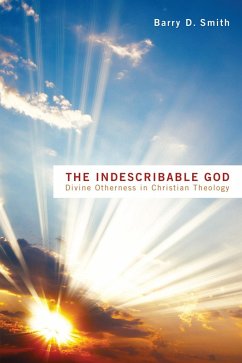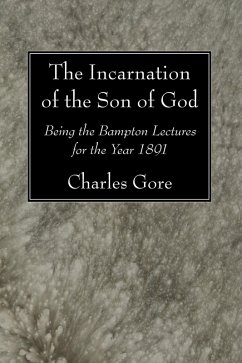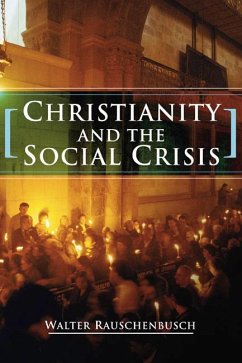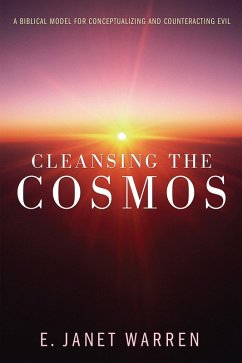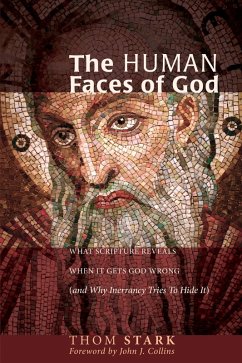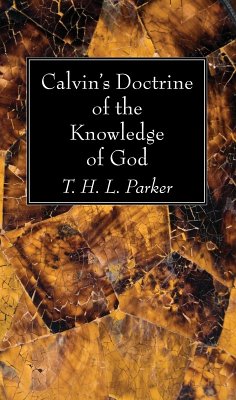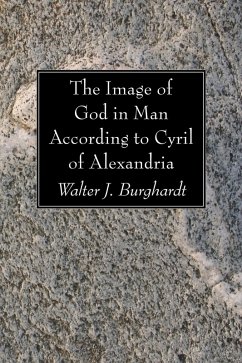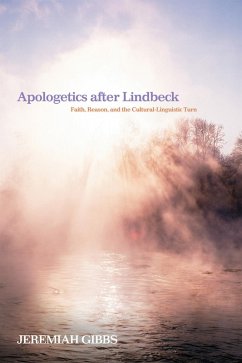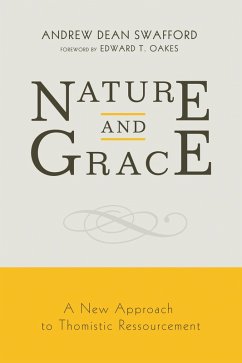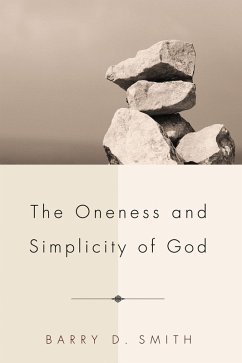
The Oneness and Simplicity of God (eBook, PDF)
Versandkostenfrei!
Sofort per Download lieferbar
15,95 €
inkl. MwSt.
Weitere Ausgaben:

PAYBACK Punkte
8 °P sammeln!
That YHWH is numerically one is foundational to the theology of the Hebrew Bible. Christian theologians historically have affirmed that there is a more fundamental type of oneness attributable to God. God is one not merely in the sense of being the only God, but also in the sense of being simple or non-composite, having no parts of any kind. In this way, God is said to be an absolute unity. After a consideration of all the evidence, Barry D. Smith reaches the conclusion that there is no basis for ascribing simplicity to God. The simplicity doctrine is not found in Scripture and the traditional...
That YHWH is numerically one is foundational to the theology of the Hebrew Bible. Christian theologians historically have affirmed that there is a more fundamental type of oneness attributable to God. God is one not merely in the sense of being the only God, but also in the sense of being simple or non-composite, having no parts of any kind. In this way, God is said to be an absolute unity. After a consideration of all the evidence, Barry D. Smith reaches the conclusion that there is no basis for ascribing simplicity to God. The simplicity doctrine is not found in Scripture and the traditional arguments used to establish it are unconvincing. In addition, the recent defenses of the simplicity doctrine prompted by Alvin Plantinga's work Does God Have a Nature? are unsuccessful. It should not be thought, however, that the rejection of divine simplicity means that by default God must be conceived as composite, not even as a perfect composite with maximally great, God-making properties. Rather, there is a third option: God should not be conceived as either simple or composite. The question of in which mode God has attributes or exemplifies properties should be set aside.
Dieser Download kann aus rechtlichen Gründen nur mit Rechnungsadresse in A, D ausgeliefert werden.




